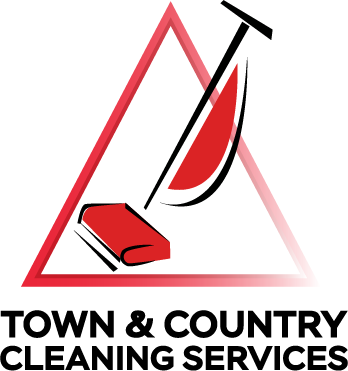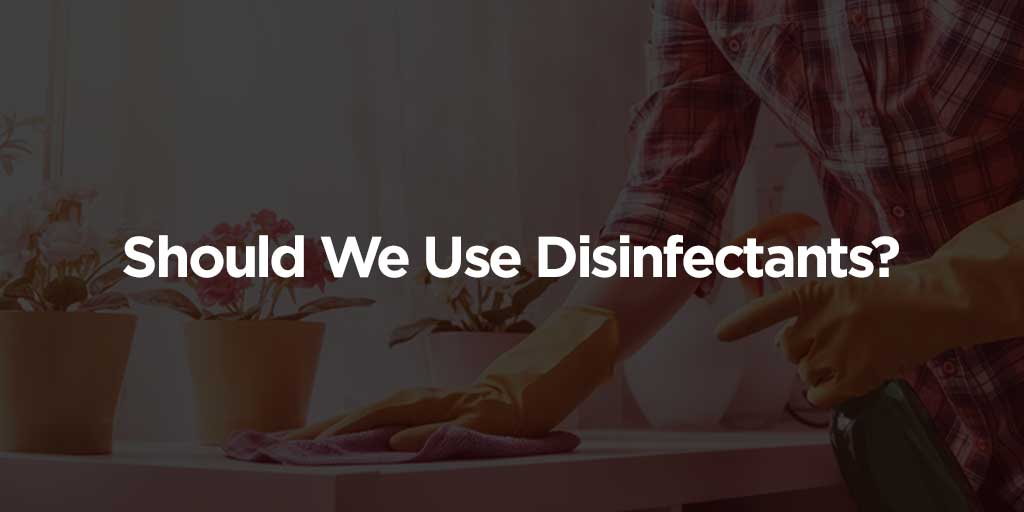Today’s topic is one that may strike a few nerves, but we hope you will read on, and maybe think differently about cleaning in your home. Let’s talk about disinfectants!
Here, in North Carolina we are about to head into wintertime. Time to bust out the Lysol and the Clorox wipes, right? Conventional wisdom seems to suggest that we should keep our homes disinfected to stay healthy. As it turns out conventional wisdom, in this case, may be wrong.
Bruce Vance giving a short presentation at the Wake-Up Wednesday meeting in Pittsboro for local business leaders. Do we really need disinfectants?
Posted by Town & Country Cleaning Services on Wednesday, February 20, 2019
What are disinfectants, and what are some of the problems?
Disinfectants are substances that kill life and are regulated by the U.S. Environmental Protection Agency (EPA) under the Federal Insecticide, Fungicide, and Rodenticide Act, or FIFRA. In order to be considered a disinfectant, a product must undergo extensive testing. The product must show that it is safe to use and will meet its kill claims, when used as directed by the manufacturer and product label.
The EPA must approve a product and its label before it can be sold as a disinfectant. The label on all disinfectants and disinfectant cleaners will start with the same words: “It is a violation of Federal Law to use this product in any way not indicated on the label.”
Ok, easy enough. You spray it on and wipe it off, right? It doesn’t really seem like we need instructions.
As it turns out, this is incorrect. If you read the label, disinfectants require you to clean a surface first. Next, you apply the disinfectant. You must keep the surface wet with the disinfectant for a specified amount of time (also referred to as dwell time). Many products have dwell times as long as 5 to 10 minutes. This is because most disinfectants are unable to break through the top levels of dirt and soil to truly kill germs underneath, and thus, the surfaces require cleaning first.
Goodness, how many of us do that?
Most of the time when we spray a disinfectant cleaner, we wipe it up right away and believe the surface has been disinfected. Unfortunately, it most likely has not been. The surface may have been sanitized, but it is doubtful the threshold of disinfection has been achieved.
Ok, fine, we aren’t disinfecting. But if we are sanitizing the surface, that’s not a problem…or is it?
Let’s not forget disinfectants ARE toxic products. There is no question that used properly, in the right contexts, that disinfectants save lives. HOWEVER, there is increasing evidence that overuse and misuse may be causing some serious problems.
Of several recent studies, the most alarming is one from the University of Ireland in 2010, during which Pseudomonas bacteria were exposed to disinfectants that were either improperly mixed or used. The bacteria became resistant to the disinfectant, but far more alarmingly, 240 times more resistant to the antibiotics used to treat an infection of the bacteria. There is evidence that misuse of disinfectants may be contributing to bacterial antibiotic resistance.
Yikes! This is scary! We may actually be creating problems, like MRSA, because we are not using disinfectants correctly. So what exactly can we do then?
Do we really need to disinfect at all?
The truth is we don’t need to. Good cleaning is normally all that is needed. In numerous tests we see that a high quality microfiber cloth and just water can actually beat a disinfectant wipe or a disinfectant cleaner with a cotton cloth in the removal of soil and bacteria.
A microfiber and water? You can’t be serious.
The microfibers we use at Town & Country actually have 3rd party tests showing up to 99.99% removal of bacteria with just water. This rivals hospital grade disinfectants.
Ok, so we can clean around the house without disinfectants. But are there times we should still use them?
We can limit our usage of disinfectants in the home to rare circumstances like the clean-up of bodily fluids or instances of outbreaks of diseases like the Norovirus. But we really don’t need them for everyday cleaning around the home. In fact, it’s probably better that we don’t use them on a daily or even weekly basis in our homes.
Well, there you have it. We are just scratching the surface of this topic, but we hope that you have picked up some things to think about.

